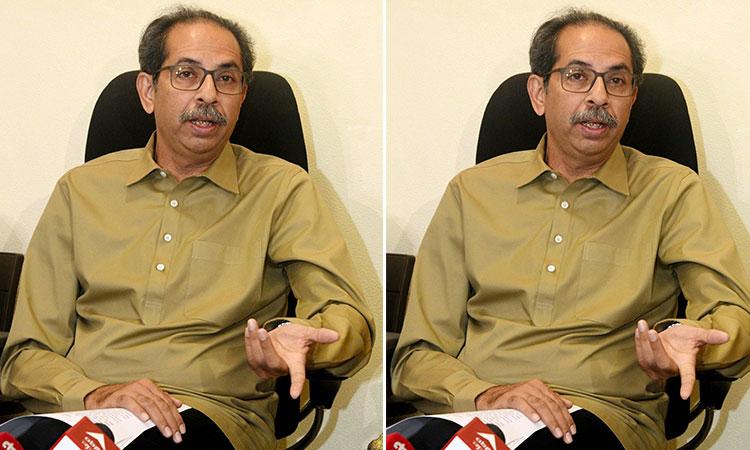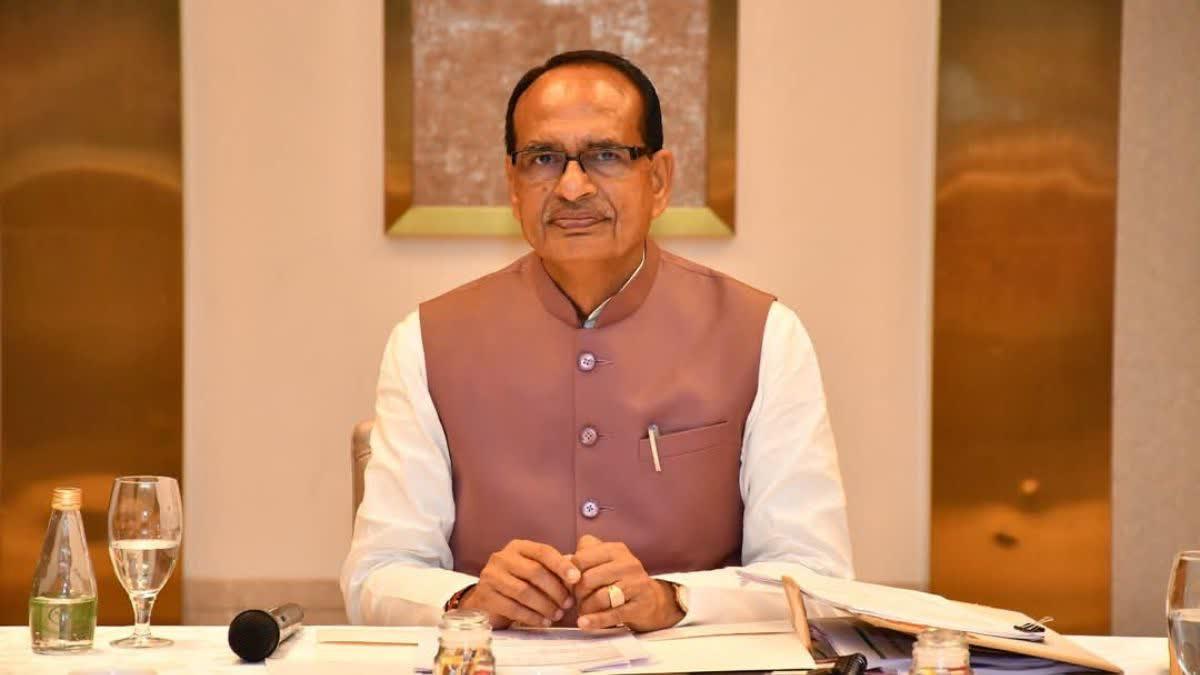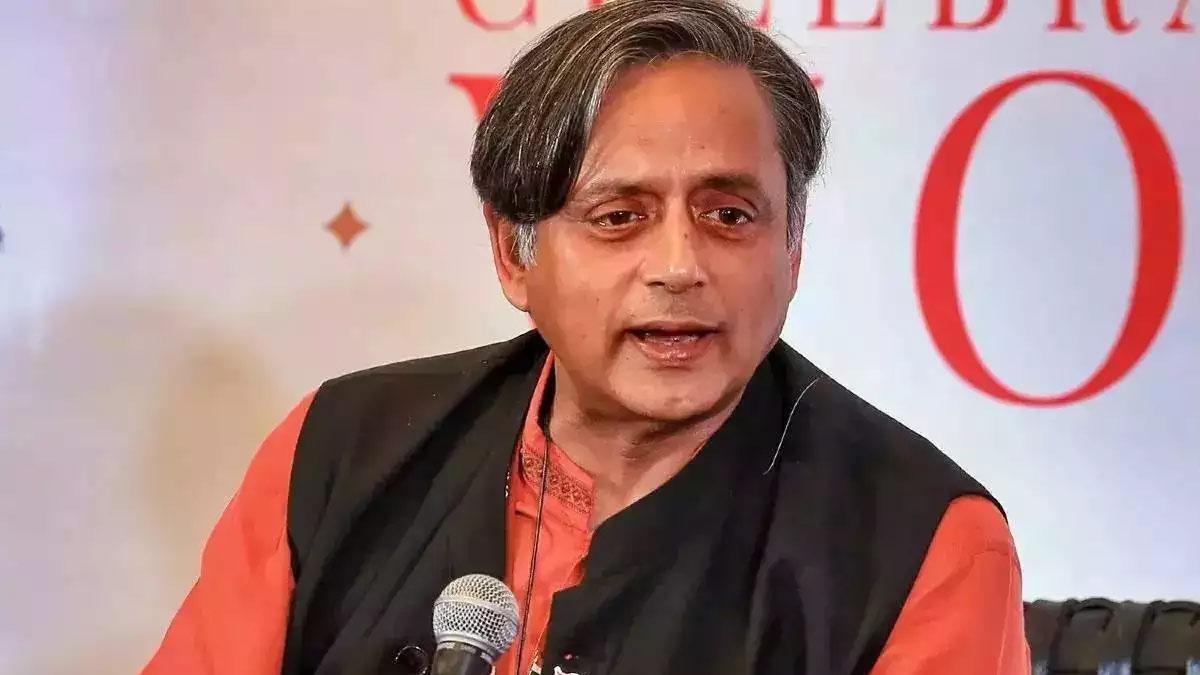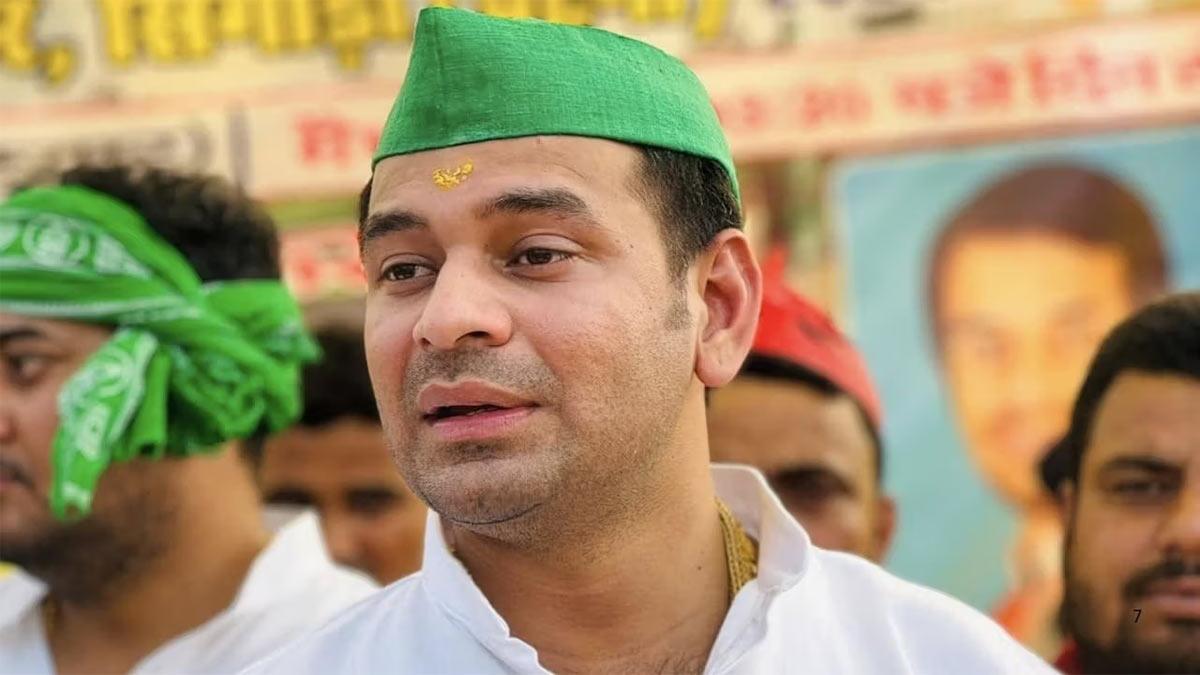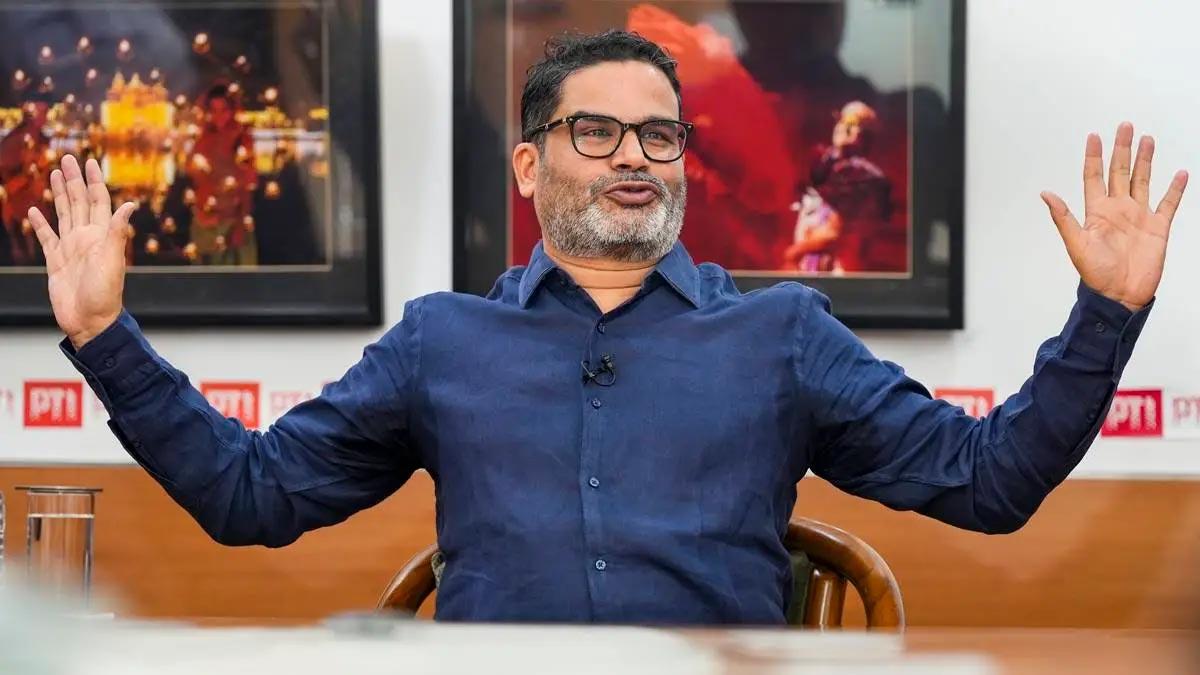The Supreme Court, after hearing submissions for nine days, on Thursday reserved its judgment on a batch of cross-petitions of Uddhav Thackeray and Eknath Shinde groups in connection with the Maharashtra political crisis.
A five-judge constitution bench, headed by Chief Justice D.Y. Chandrachud and comprising Justices M.R. Shah, Krishna Murari, Hima Kohli and P.S. Narasimha, before reserving the verdict, shot a volley of questions at senior advocate Abhishek Manu Singhvi, representing the Thackeray group.
The Chief Justice asked Singhvi: "So, really the question is whether there was a valid exercise of power by the Governor to call for a trust vote? And what happens, if we come to a conclusion that there was no valid exercise of power by the Governor to call for a trust vote?"
Singhvi said everything falls. However, the bench that everything falls on would be simple but Singhvi stressed that is the core question and urged the court to allow him to present his case.
The Chief Justice further queried, "Then, according to you what, we reinstate the Uddhav Thackeray government? But you resigned."
Also read | Anguished, says top Uddhav Thackeray aide Subhash Desai after son joins CM's party
As Singhvi said Thackeray's resignation and not facing the trust vote is irrelevant, the Chief Justice observed: "That is, the court being told to reinstate a government (which has resigned)."
To this, Singhvi said that it is a plausible way of looking at it but it is irrelevant, and asked the bench to give him an opportunity to explain his contention.
At this juncture, Justice Shah said: "How can the court reinstate a Chief Minister who did not even face floor test?" Singhvi said the court is not reinstating anyone but it is restoring the status quo ante.
The Chief Justice further queried Singhvi: "But, it would have been a logical thing to do provided you had lost the trust vote on the floor of the Assembly. Clearly, then you would have been ousted from power due to a trust vote, which is set aside... look at the intellectual conundrum that it is not that you have been ousted from power as a result of a trust vote which was wrongly summoned by the Governor. You chose not to, whatever reason you did not face the trust vote."
The bench further said: "So you're saying that Mr Uddhav Thackeray resigned only because he was called upon by the Governor to face a trust vote?"
Singhvi submitted, "I'm grateful. After I filed the petition, after I made it sub judice, and after I said it's completely unknown to law and don't allow it to go on."
The Chief Justice then asked Singhvi: "You're frankly accepting the fact that you resigned because the trust vote was going to go against you." Singhvi replied that is an illegal act and consequences of it are known to his client.
The apex court heard arguments advanced on behalf of both Thackeray and Shinde groups and the office of the Governor and concluded the hearing after senior advocates Kapil Sibal, Singhvi, Devadatt Kamat and advocate Amit Anand Tiwari made their submissions.
The Shinde group was represented by senior advocates Neeraj Kishan Kaul, Harish Salve, Mahesh Jethmalani and advocate Abhikalp Pratap Singh. Solicitor General Tushar Mehta represented the office of the Governor in the matter. The hearing in the matter commenced on February 21.
On June 29, 2022, the apex court refused to stay the Governor's direction to the Maha Vikas Aghadi government led by Thackeray to take floor test, who resigned sensing defeat. It paved the way for the Shiv Sena-BJP alliance led by Shinde to come to power in Maharashtra.
Rescind Maha Governor's order for floor test, Thackeray group to SC on last day of hearing
The Uddhav Thackeray group on Thursday asked the Supreme Court to set aside the then Maharashtra Governor's order for him to take a floor test.
The top court, after hearing submissions for nine days , reserved its judgment on a batch of cross-petitions of Thackeray and Chief Minister Eknath Shinde groups in connection with the Maharashtra political crisis.
Senior advocate Kapil Sibal, representing the Thackeray group, submitted before a five-judge constitution bench headed by Chief Justice of India D.Y. Chandrachud that democracy will be in danger if it is not overturned, while stressing on setting aside Governor's order to the then Chief Minister Thackeray to take a floor test.
In June last year, then Governor B.S. Koshyari asked Thackeray to take a floor test. Sibal pressed on rescinding the order, a day after the top court shot a volley of tough questions at Solicitor General Tushar Mehta, representing the Governor, on the Governor's decision to call for a trust vote and observed that the Governor should not enter into any area which precipitates the fall of a government.
The bench had stressed that the Governor of a state cannot lend his office to effectuate a particular result and asked Mehta, how a difference of opinion among MLAs within a party could become a sufficient ground for the Governor to call for the floor test?
Sibal, who concluded his rejoinder arguments, submitted that he is absolutely certain that without the intervention of this court, the country's democracy will be in danger because no elected government will be allowed to survive.
"It is with this hope I make this plea to this court to allow this petition and set aside the order (of floor test) of the Governor."
Sibal said if rebel Shiv Sena MLAs had lost their faith in the government, they could have voted against it in the House when a money bill was moved and they could have reduced it to a minority.
Also read | Governor can't call for floor test based on difference of opinion of MLAs in party: SC
He further added that it is not that the government cannot run in minority and cited that former Prime Minister P.V. Narasimha Rao ran a minority government, while insisting that there was no scope for the Governor to recognise the rebel MLAs and call for the floor test. He submitted that Governors can only deal with alliances and political parties and not individuals, otherwise it will create havoc and also referred to the Emergency imposed by former Prime Minister Indira Gandhi.
He said that there have been occasions like the ADM Jabalpur, 1976 verdict, which is in dissonance with what this court has done over years and this is an equally significant case for our democracy to survive.
The bench, also comprising Justices MR Shah, Krishna Murari, Hima Kohli and PS Narasimha, reserved its judgment after hearing submissions from both groups and also the office of the Governor.

